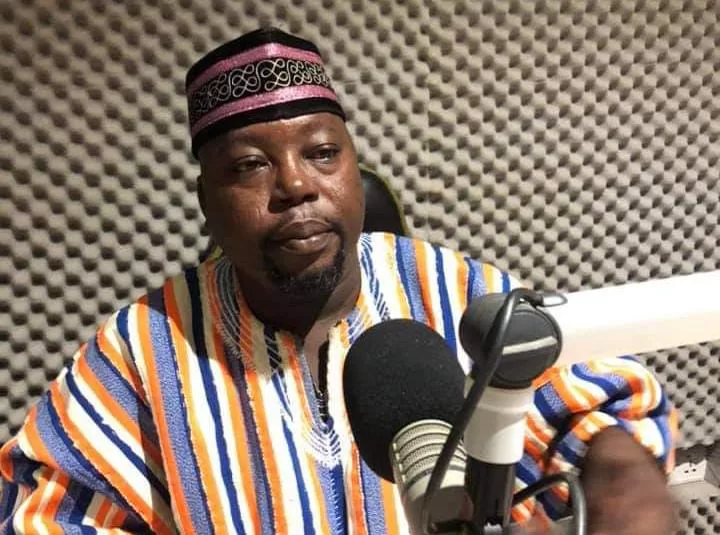By Philip Antoh
The Importers and Exporters Association of Ghana (IEAG) has made a compelling appeal to President John Dramani Mahama for the immediate cancellation of the downstream petroleum contract between the Ghana Revenue Authority (GRA) and Strategic Mobilisation Ghana Limited (SML).
They have characterized this agreement as a “redundant and corrupt deal” that continues to deplete national resources.
During a press conference held in Accra on June 4, 2025, the Executive Secretary of IEAG, Mr. Samson Asaki Awingobit, remarked that despite a presidential directive issued in 2024 that suspended certain aspects of SML’s involvement due to serious investigative findings and a subsequent KPMG audit, the company persists in receiving monthly payments exceeding $1.43 million.
He contended that these payments are unwarranted, as the services provided by SML—specifically, the monitoring of fuel volumes—are already being efficiently managed by the National Petroleum Authority (NPA) through its digital monitoring systems.
Mr. Awingobit criticized the ongoing expenditure on what he termed as redundant services and urged President Mahama to honor his campaign commitment to reject and annul the SML contract.
“Words are no longer sufficient,” he stated, emphasizing that four months in office is ample time to take decisive action on such a significant issue.
The IEAG elaborated on the background of the scandal, citing a 2023 exposé by The Fourth Estate which disclosed that SML was granted its multi-million-dollar contract without competitive bidding and lacked the requisite expertise in revenue assurance. The report also highlighted exaggerated claims of savings and a conflict of interest involving a former GRA adviser who subsequently led SML.
In addition to calling for the termination of the contract, the IEAG demanded complete transparency regarding all payments made to SML since 2018, the recovery of funds for unnecessary services, the blacklisting of the company, and reforms to avert sole-sourced revenue assurance contracts.
Civil society groups, the media, investigative agencies, and international partners have all raised concerns about the deal. The IEAG warned that failure to act decisively would damage Ghana’s credibility, violate principles of transparency, and betray public trust.
“President Mahama, Ghanaians believed you when you said you would end this deal. Now it’s time to show it,” Mr. Awingobit concluded.

